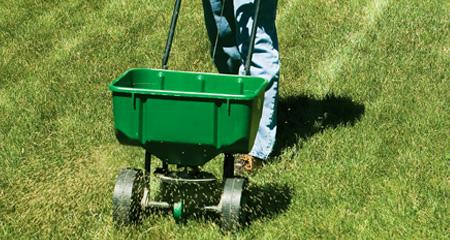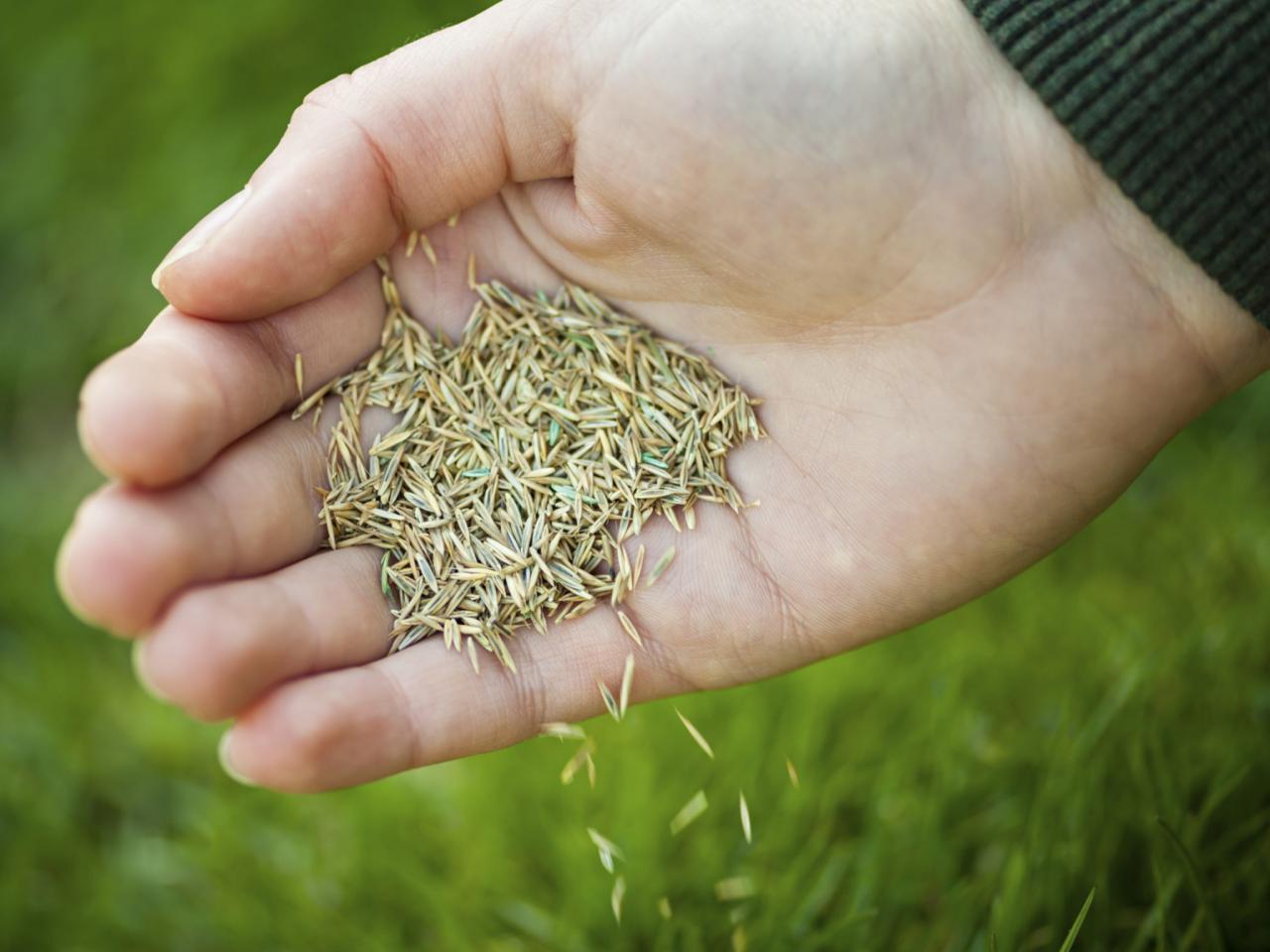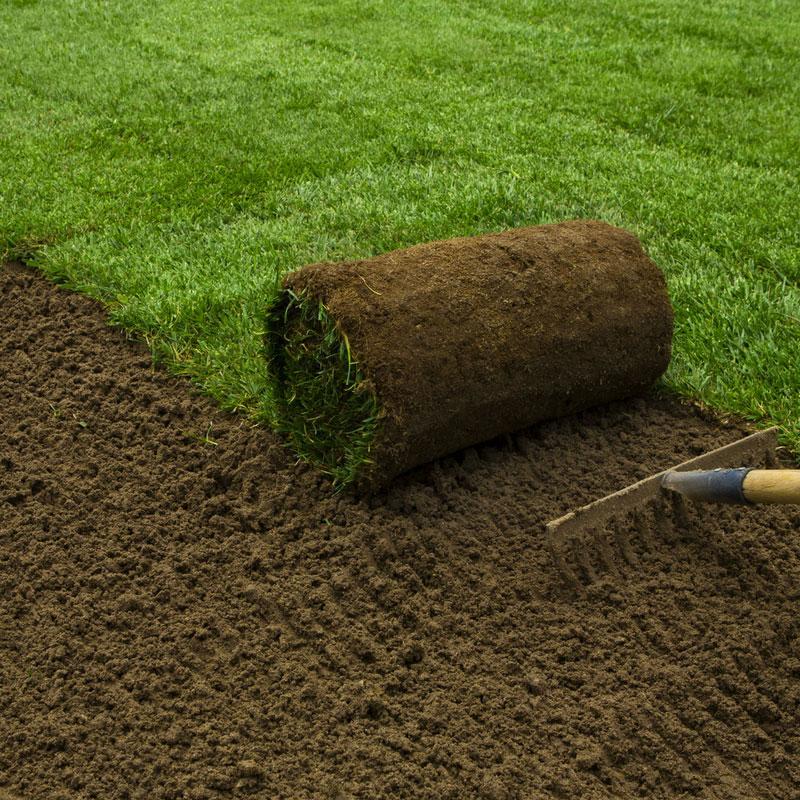
Crabgrass Prevention
Crabgrass is the bane of every homeowner’s lawn. Luckily, there are plenty of options in order to control your turf’s mortal enemy. Crabgrass can be dealt with easily and properly if you apply preventatives in the spring to stop this weed in its tracks. We carry natural and synthetic products.
There are two methods to preventing crabgrass from developing in the lawn - Natural or Synthetic. Both groups need to be applied at the right time. The basic thought process is to kill the seed before or as it is germinating. If you apply too early and/or too late then you will get mixed results. The best time to apply is when you see the Forsythia blooming.
Natural Products
Natural products contain high amounts of Corn Gluten. The corn gluten is high in nitrogen and what it does to the crabgrass seed is burn it out before it starts developing any growth.
The advantage is a natural more organic approach to lawn fertilization and conditioning your soil.
The disadvantage is you apply a lot of nitrogen which will green up the lawn very quickly and possible weakening the blades opening up the turf to the possibility of diseases.
Applying Corn Gluten may not prevent all of the crabgrass from developing. Keep in mind when you go natural you may have minimal weeds in your lawn at times of the year.
Synthetic Products
Synthetic crabgrass controls will be more effective and last longer. Unlike Corn Gluten many synthetic chemicals will last up to 10 weeks and may even kill small seedlings as they begin to germinate. The results are typically better by this method of control. There are two basic chemicals that will prevent crabgrass:
- Prevent crabgrass and still be able to plant grass seed at the same time (Scotts STEP 1 Crabgrass Preventer Plus Lawn Fertilizer)
- Prevent crabgrass and any other grass type plants (Crabicide Green or Lebanon Team or Dimension)
Keep in mind if you are looking to reseed your lawn it is recommended that you apply the proper product. Click here for more information on seeding a lawn.




